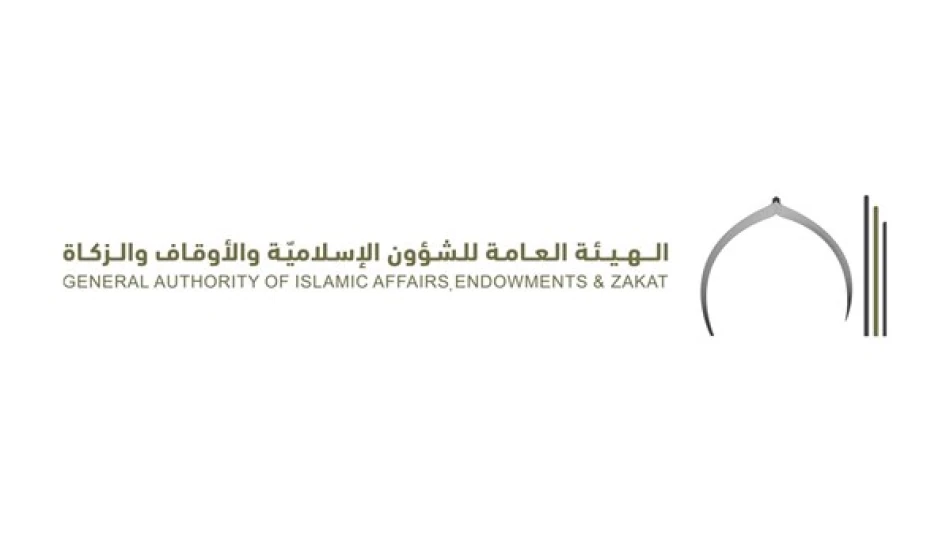
New Hajj Campaign Selection and Approval System Launched by Ministry of Islamic Affairs
UAE Revolutionizes Hajj Management with Merit-Based Selection System for 2026
The UAE's General Authority of Islamic Affairs, Endowments and Zakat has unveiled a comprehensive overhaul of its Hajj pilgrimage management system, introducing performance-based criteria to select authorized tour operators for the 2026 season. This strategic shift prioritizes service quality and operational excellence, marking a significant departure from traditional selection methods and positioning the Emirates as a leader in pilgrimage administration reform.
Performance-Driven Selection Replaces Traditional Approach
The new system fundamentally restructures how the UAE authorizes Hajj tour operators, moving away from conventional approval processes to a merit-based framework. Tour operators will now be evaluated primarily on their performance during the previous 2025 Hajj season, creating a direct accountability mechanism that rewards excellence and penalizes substandard service delivery.
This represents a paradigm shift in Gulf state pilgrimage management, where operator selection has traditionally relied on licensing requirements and basic compliance checks rather than demonstrated performance metrics.
Comprehensive Evaluation Framework
Multi-Dimensional Assessment Criteria
The Authority has established a sophisticated evaluation matrix that examines tour operators across several critical dimensions. Administrative capacity forms a cornerstone of the assessment, ensuring operators possess the organizational infrastructure necessary to manage complex pilgrimage logistics involving thousands of participants.
Financial stability requirements have been significantly strengthened, with operators required to demonstrate sufficient capital reserves to execute their proposed services according to the official 2026 Hajj timeline. This financial scrutiny aims to prevent service disruptions that have historically plagued pilgrimage operations when undercapitalized operators encounter unexpected costs.
Service Quality and Diversity Standards
The system emphasizes service diversification to accommodate different pilgrim demographics and economic segments. Operators must demonstrate capability to serve various pilgrim categories while maintaining consistent quality standards across all service tiers. This approach reflects the UAE's broader strategy of positioning itself as a premium service provider in the regional pilgrimage market.
Strategic Implications for Regional Pilgrimage Management
The UAE's initiative mirrors similar quality-focused reforms implemented by Saudi Arabia's Ministry of Hajj and Umrah, which has progressively digitized and standardized pilgrimage services since 2017. However, the Emirates' approach goes further by creating a competitive marketplace where past performance directly determines future market access.
This development positions the UAE ahead of other Gulf states in pilgrimage service innovation, potentially attracting Muslim travelers who prioritize service reliability and quality assurance. The competitive framework could pressure operators in neighboring countries to elevate their standards to remain competitive in the broader regional market.
Market Impact and Industry Transformation
The performance-based selection system will likely trigger industry consolidation as smaller, less capable operators struggle to meet the enhanced requirements. Well-established operators with proven track records and substantial financial resources are positioned to capture increased market share, while newcomers face higher barriers to entry.
Tour operators must now invest significantly in service infrastructure, staff training, and operational systems to achieve the performance metrics required for continued authorization. This capital requirement effectively raises industry standards while potentially reducing the total number of authorized operators.
Long-term Vision for Pilgrimage Excellence
The Authority's coordination sessions with existing operators signal a collaborative approach to implementation, providing transparency about new requirements while allowing industry adaptation time. This measured rollout strategy reduces market disruption while ensuring operators understand the elevated expectations for the 2026 season.
The emphasis on cost-quality balance addresses a persistent challenge in pilgrimage services, where price competition often compromises service standards. By mandating quality maintenance across price points, the UAE aims to eliminate the traditional trade-off between affordability and service excellence that has characterized the industry.
This comprehensive reform positions the UAE as a model for modern pilgrimage administration, potentially influencing policy development in other Muslim-majority countries seeking to enhance their own pilgrimage service frameworks.
Most Viewed News

 Layla Al Mansoori
Layla Al Mansoori






